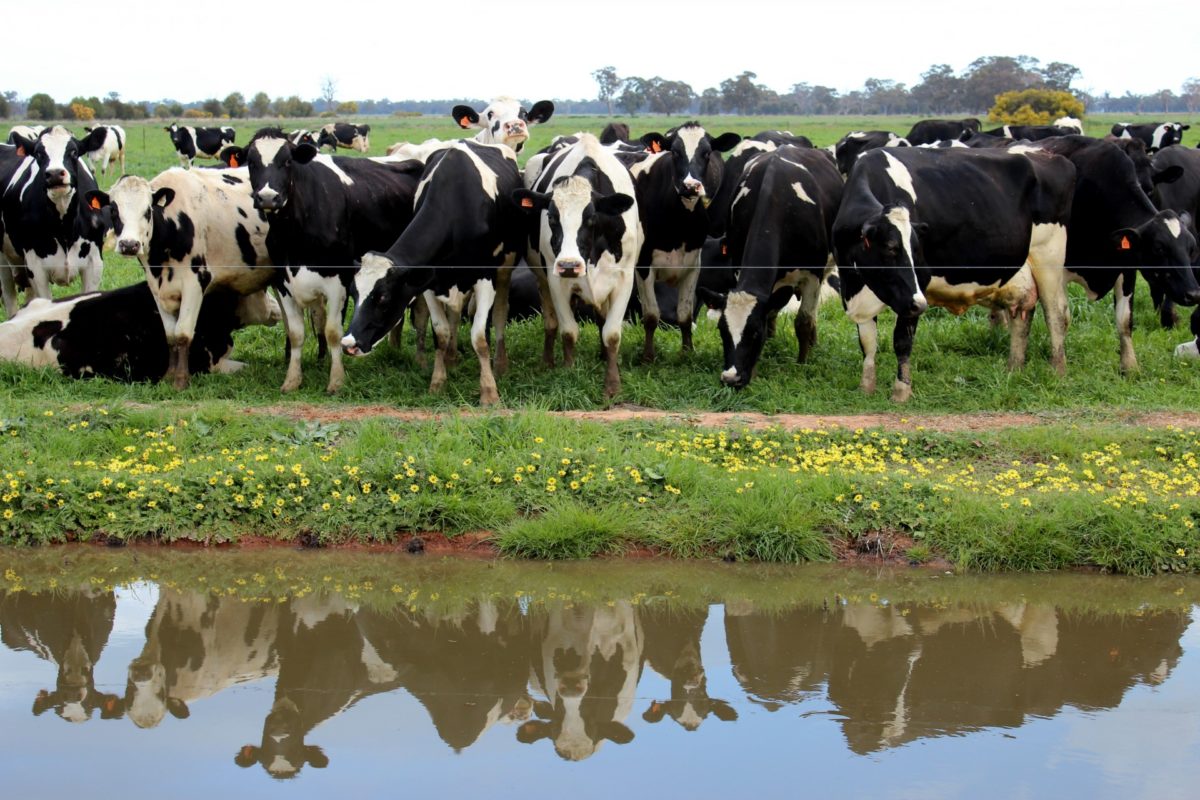The Land and Water Forum has responded to a request from the Government for advice on preventing further decline in freshwater quality, managing sediment and controlling discharges of nitrogen to water.
The chair of the Land and Water Forum, Dr Hugh Logan, says New Zealand has made progress with water management reforms over the last five years bu further improvements are needed to halt decline.
“Local authorities and courts have been left to interpret and implement the emerging framework without any effective oversight, which has resulted in slowed and inconsistent implementation,” he said.
“More should be done, and a concerted effort at national level will be required to push forward robust and coordinated change in both urban and rural water management.”
The report makes a set of key recommendations.
* The Government should identify at-risk waterways and ensure plans are in place to halt further decline in quality. Action should be taken where nothing is happening.
* Loopholes in the Resource Management Act and National Policy Statement for Freshwater Management that make it possible for decline to continue should be closed and stronger measures taken to protect wetlands and outstanding waterbodies.
* Good Management Practice should be a national requirement for all, including for those managing urban waterways. A range of risky land practices should be controlled by national environmental standards. The “billion trees” programme holds great promise to improve water quality, including the prevention of erosion, and sediment entering waterways. There are many effective soil conservation and erosion control programmes already. The challenge is to scale them up and give them the resourcing, capability and regulatory backing to make them more effective.
* Stronger measures should be taken to address urban impacts on water quality, including regulating to prevent loss of streams and water pollution that can arise from urban building activity, vehicles, earthworks and sediment, and creating standard consent requirements for stormwater and wastewater management to ensure consistency around the country.
* Strong government leadership should be accompanied by a new Land and Water Commission to provide the coordination, resourcing and capability needed to make change.
The Forum has also suggested a staged process for addressing the allocation of nitrogen discharges. This involves limits on nitrogen in waterbodies and a short-term interim national framework allowing for transition from present practices.
This short-term approach would focus on over-allocated or at-risk catchments, manage down high dischargers and allow some flexibility for low dischargers, all with an overall environmental limit for the affected catchment.
Differing views on this are expressed in the report.
In the long term, iwi rights and interests should be addressed and the tools and system adapted to ensure land is used according to its ability to absorb any nutrient discharges coupled with the sensitivity of discharge in associated waterbodies, Dr Logan said.
“Our message to government is that councils and sector groups need strong central government leadership to address the complex issue of water quality, but what we have recommended will be a significant step forward in holding the line.”
The report is available HERE.
The Land and Water Forum represents more than 50 stakeholders consisting of industry groups, electricity generators, environmental and recreational NGOs, iwi, scientists, and other organisations with a stake in freshwater and land management. They are joined by central and local government active observers in developing a common direction through collaboration for freshwater management in New Zealand and provide advice to the Government.
Source: Land and Water Forum












